
Knowledge Treasures
Scents: The Magic of the Unseen
THE SENSE OF SMELL IS NOT ONLY THE OLDEST BUT ALSO THE MOST IMMEDIATE OF ALL SENSES AND HAS PLAYED A DECISIVE ROLE IN EVOLUTION. LONG BEFORE LIVING CREATURES COULD SEE OR HEAR, THEY USED THEIR SENSE OF SMELL TO FIND THEIR WAY IN THE DARKNESS OF THE OCEANS. EVEN TODAY, THE SENSE OF SMELL HELPS US FIND OUR WAY AND WARNS US OF IMPENDING DANGER.
Newborns often find their way to their mother’s breast immediately after birth, relying on their well-developed sense of smell. This sense remains crucial throughout a lifetime, whether in selecting food or finding a life partner. Scents directly affect the limbic system in the human brain, the seat of memories, emotions and instincts. This occurs directly, bypassing the cerebrum—the part of the brain responsible for reasoning and conscious thought. This is where the unique power of scent lies: as a direct bridge to our psyche and the world of emotions.

How scents affect our memories and emotions
The influence of scents on our memories and emotions is remarkable. Studies show that we remember things we smell about 35% better than information acquired through other senses. Our sense of smell has the ability to create deep and lasting memories. Equally important is the fact that 75% of all emotions are triggered by our sense of smell. Fragrances have the unique ability to penetrate directly into the limbic system and exert a powerful influence on our emotional world. Therefore, the conscious design of room fragrances is not only an aesthetic choice, but can also evoke a deep emotional resonance.
75%
of all emotions
are triggered by
our sense of smell.
35%
higher is the probability that we remember
things that we smell in comparison to information
that we perceive with other senses.
65%
of people can recall a scent
after a year, while only 50%
can recall a visual impression.
Natural room fragrance
Spaces are experienced in different sensory ways. Design elements for a room now focus not only on sight and sound, but increasingly on touch and smell. Scenting a room should be done selectively, alternating between scented and unscented zones. It is crucial to control the intensity of the scent with temporal differentiation.
Since scents directly influence the limbic system, the emotions we experience in response to smells are impulsive, not the result of deliberate thinking. The intensity of the scent should be just below the threshold of perception, tailored to the sensitive noses of customers and employees. Be modest, because less is more when it comes to room fragrancing.
Immerse yourself in the world of our natural fragrances
A question of quality
The use of high quality natural ingredients in room fragrances is of paramount importance. Unlike conventional room fragrances, which often contain artificial and even questionable ingredients, natural room fragrances are a safe alternative. Their ingredients are derived from natural sources without harmful chemicals. Since conventional room fragrances may contain potentially harmful substances, a conscious approach to room fragrance products is essential.

Effects on a psychological level
Natural room fragrances can not only create a pleasant atmosphere, but can also have a positive effect on the psyche. For example, aromatherapy uses natural scents and essential oils to promote relaxation, reduce stress and improve sleep.
Approximately 65% of people can recognize a scent after a year, while visual memory is only at 50%. This long-term effect of scents emphasizes their unique ability to leave deep impressions and anchor themselves in our memory over time. In a world inundated with visual stimuli, these numbers underscore the lasting power of olfactory experiences. Therefore, choosing room fragrance products is a conscious investment in emotional well-being and long-term atmosphere.
OUR RECOMMENDATIONS FOR YOU
5 min


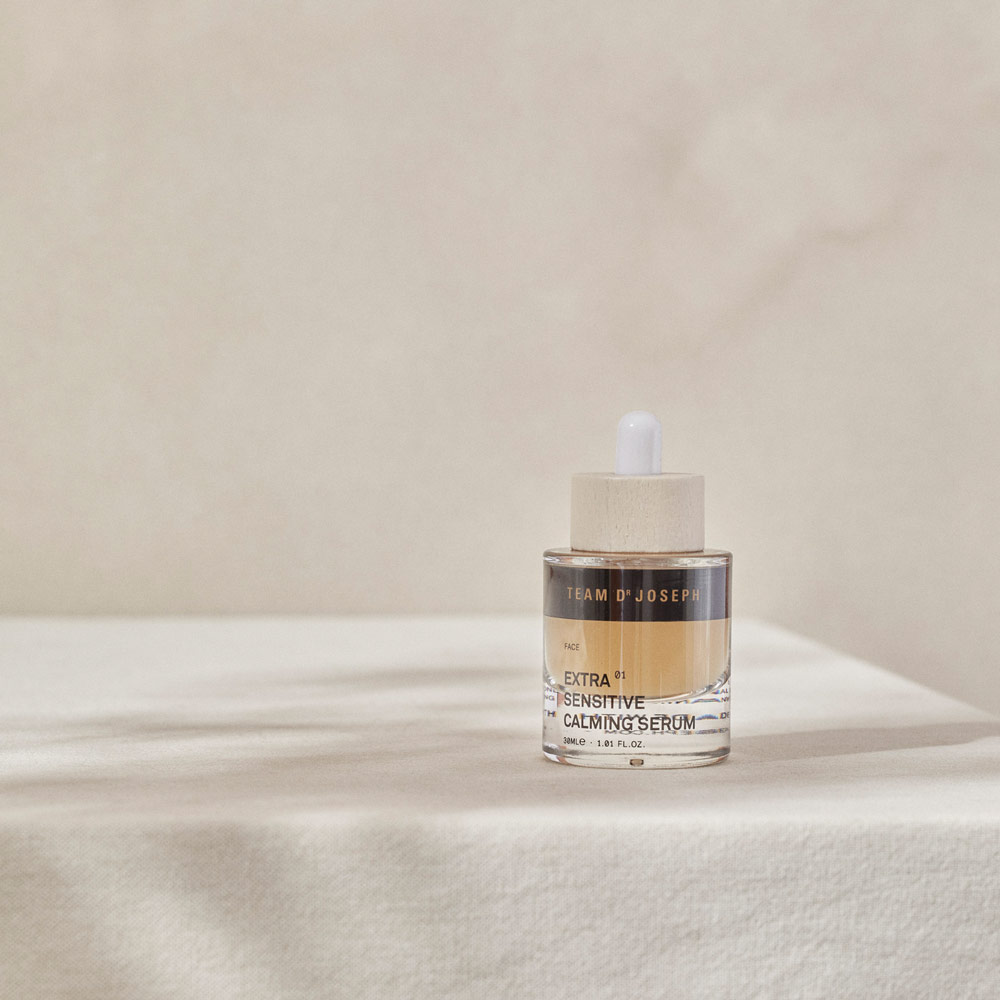
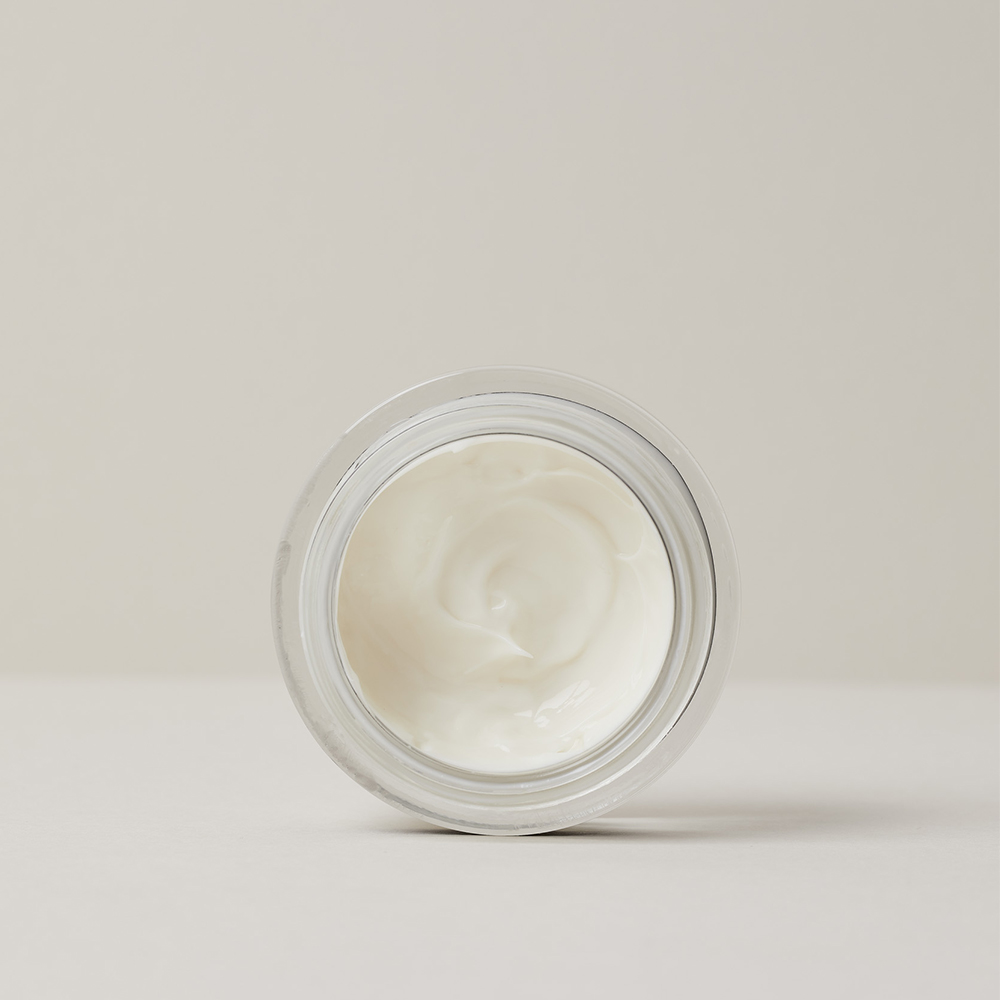
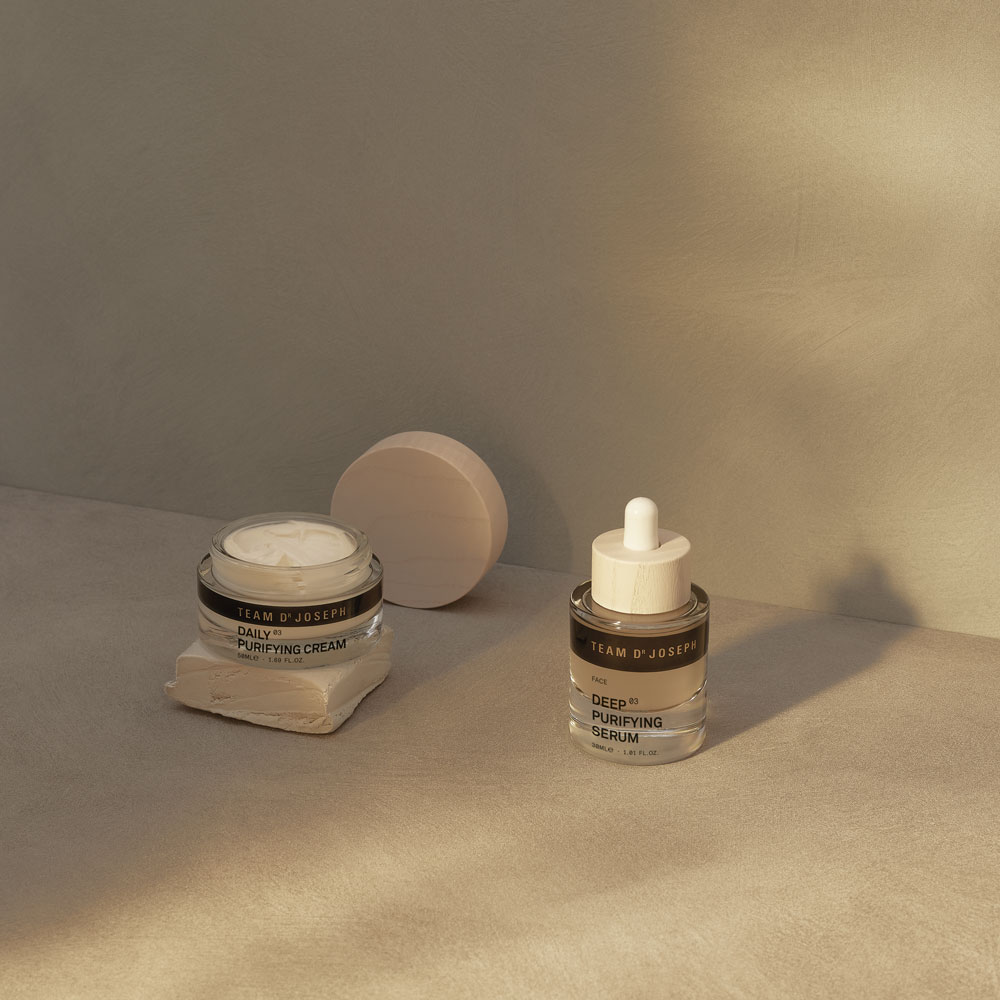

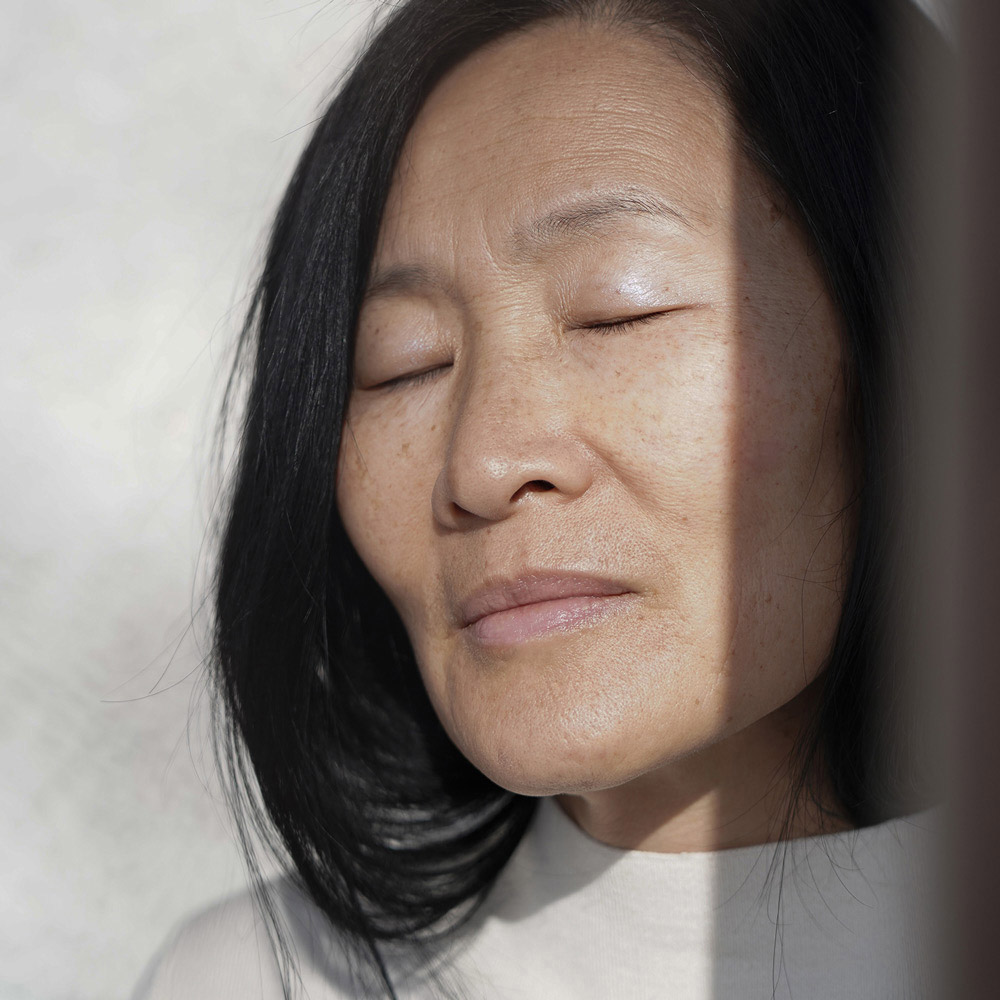




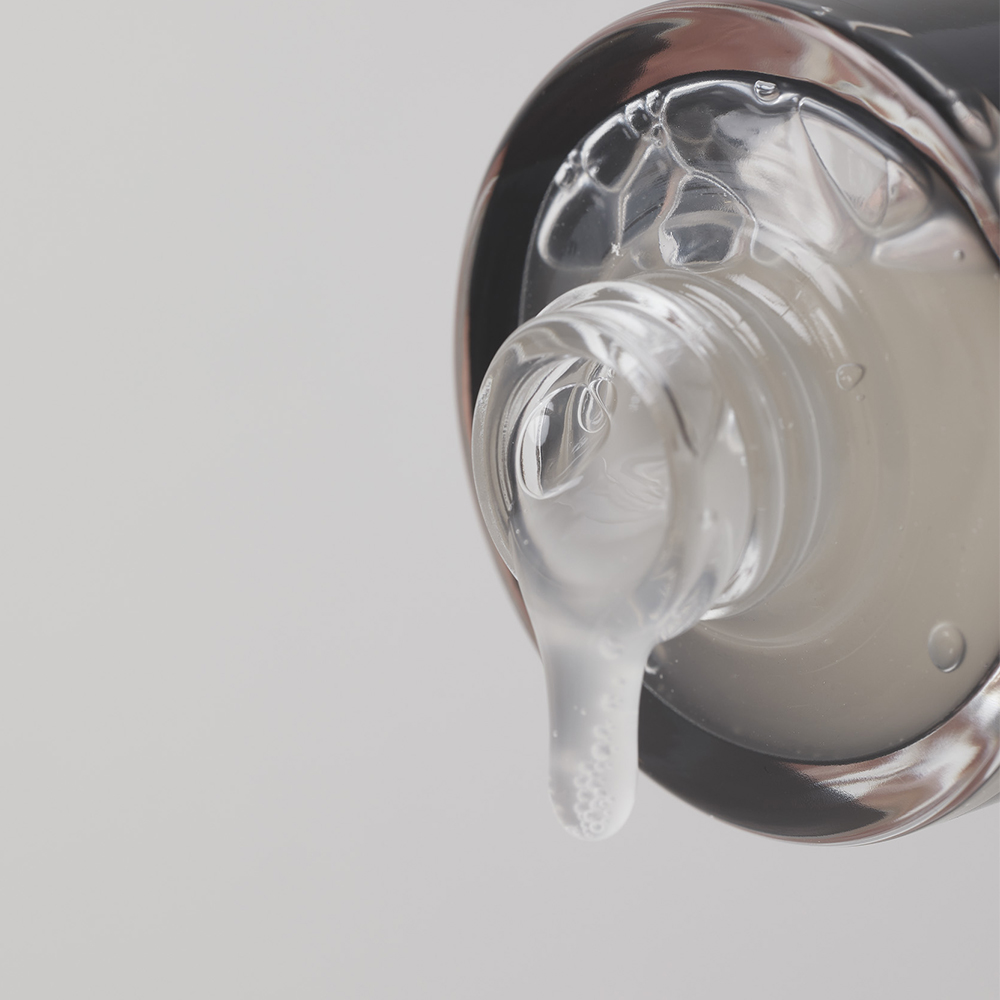






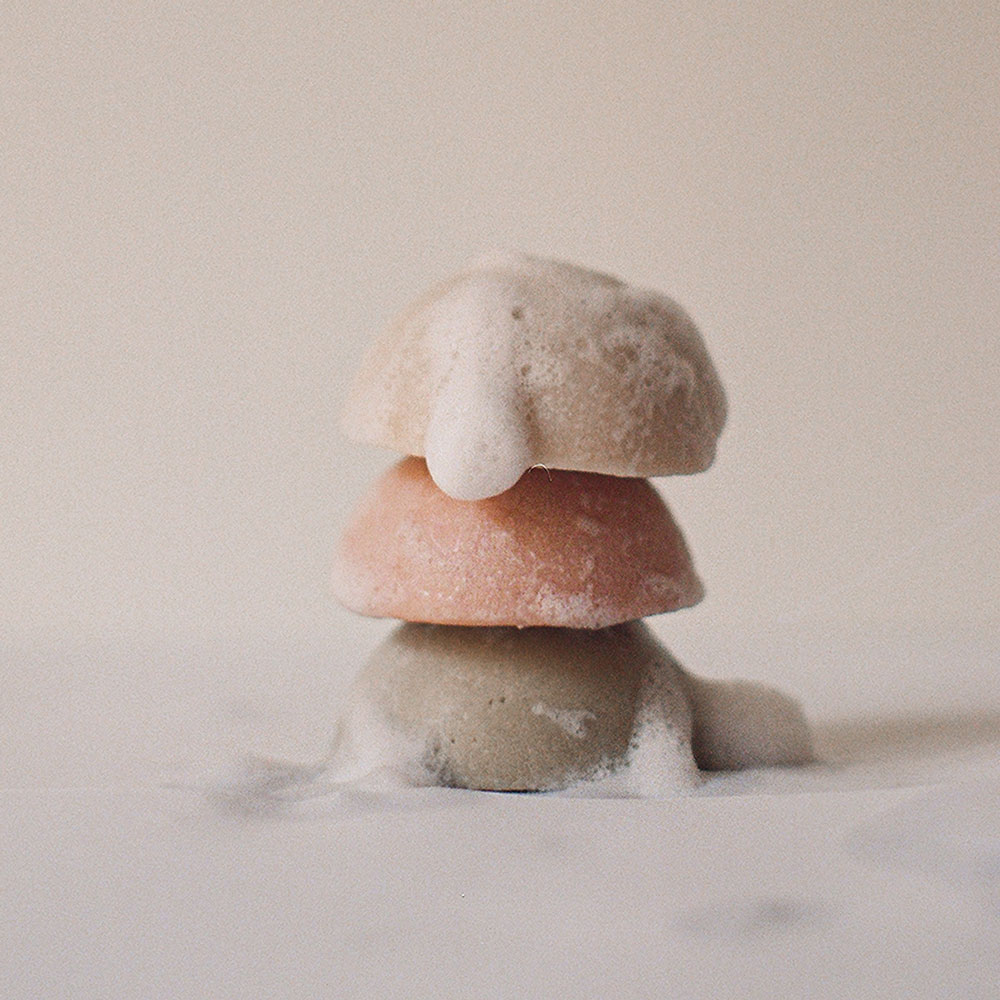










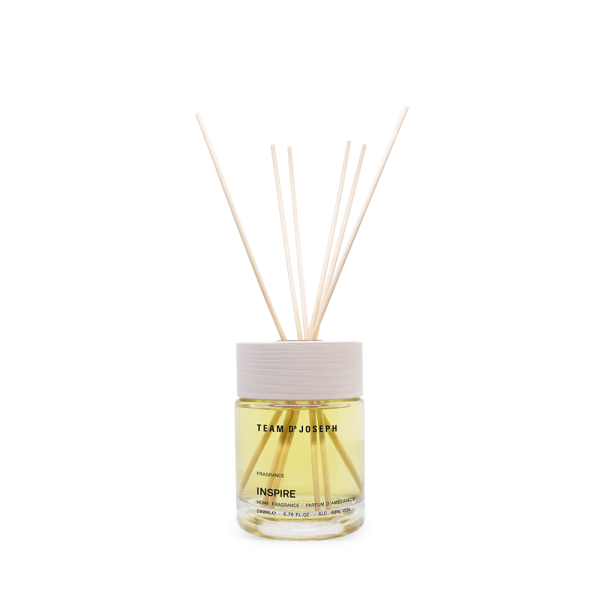

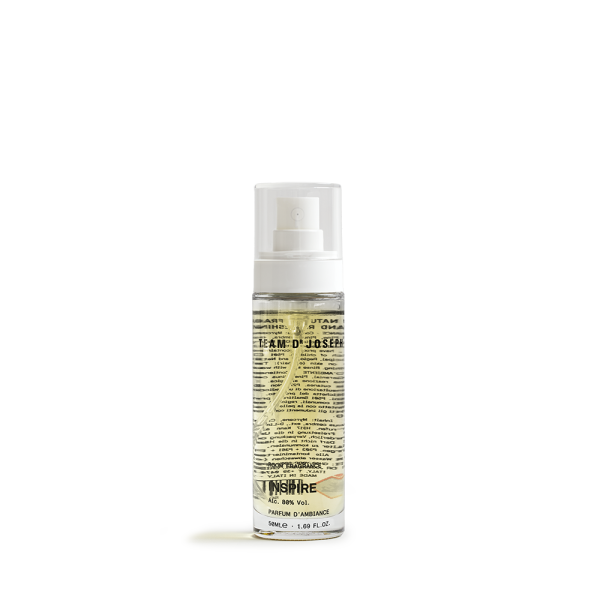








.png)

